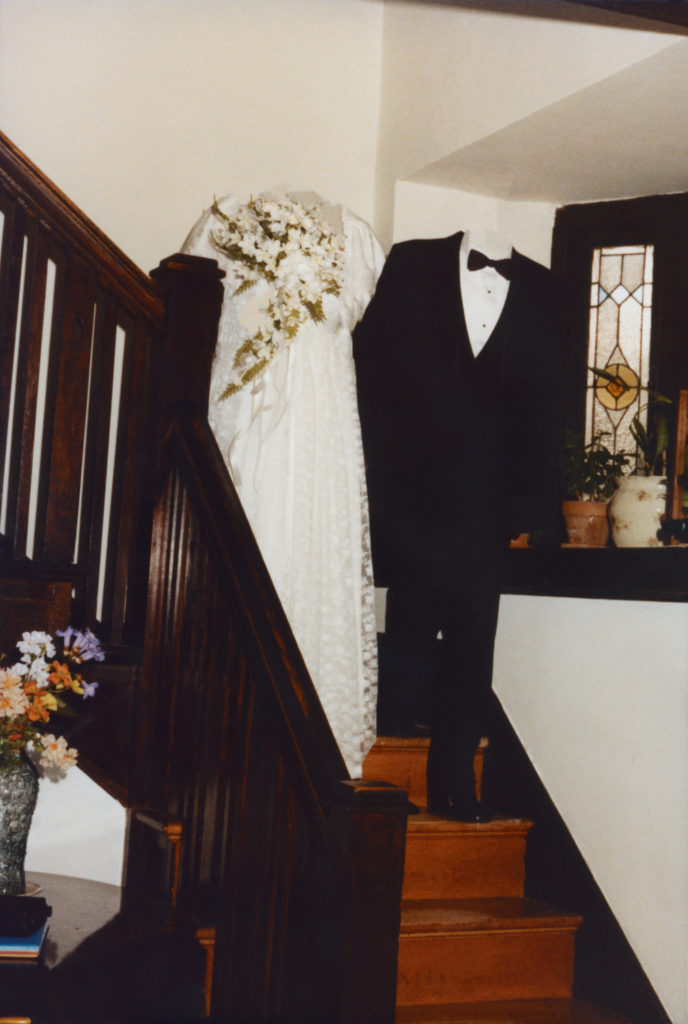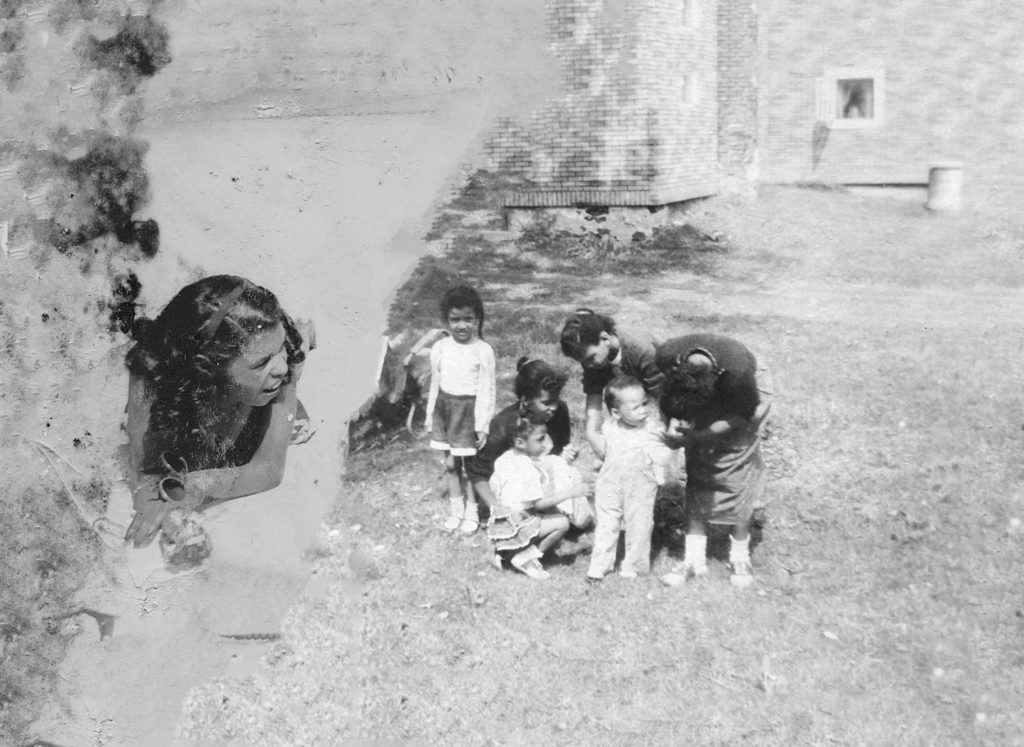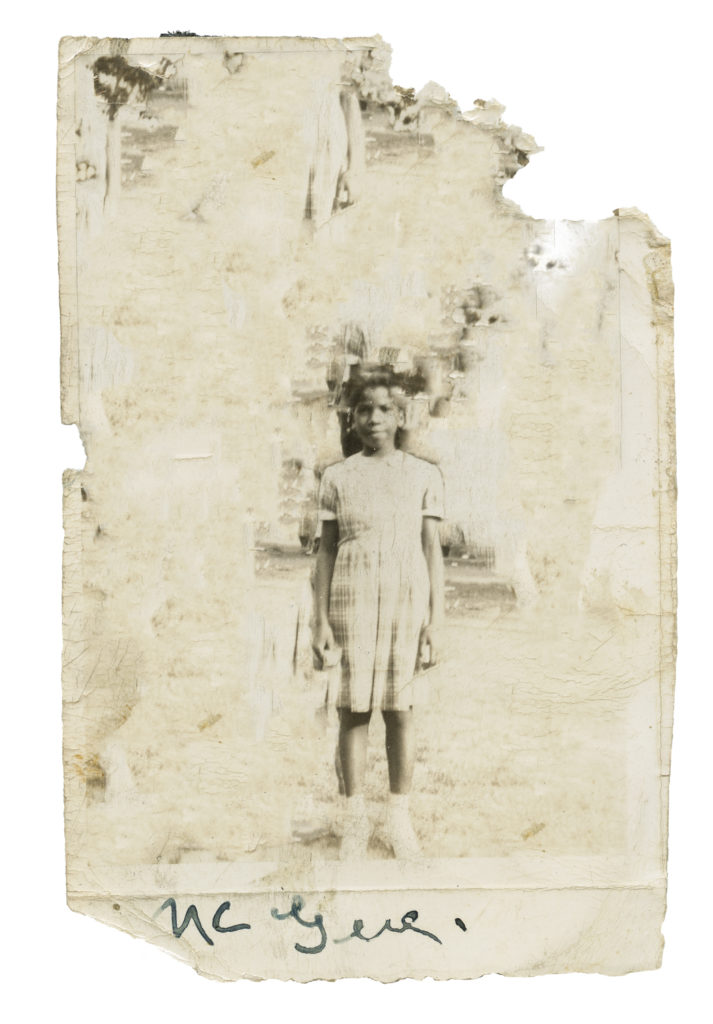Haunting Beauty of a life remembered with Will Harris.
This article contains image descriptions in the captions to help those with visual impairments.

When photographer Will Harris’ much loved grandmother, Nana Evelyn developed dementia, he turned to photography as a mechanism for both understanding the current circumstance and allowing him to reconnect with the person who existed somewhere in time.
You Can Call Me Nana explores the narrative of the sometimes present and sometimes vanished presence of Evelyn. There is a hauntingly beautiful quality to images of facial features removed, aesthetically pleasing to the eye but its intent digging deep into our psyche and our own sense of self. Photographs from the family album are repurposed and manipulated to emulate the present.



In his work, Harris not only expresses his own feelings towards his nana’s condition but a tribute to her memory, who she was and the new relationship that had formed between Harris and Evelyn. No longer registering as her grandson, Harris took on the role of an old friend in Evelyn’s life, sharing what memories and history she still remembered for Harris to keep close and hold onto, her very own life archivist.
Our memories by their very nature are deceiving, a healthy brain only remembers around 40% of true to life detail of our life experiences. With this in mind, the narrative of how one truly represents another's past to be an exact fact comes into question and also allows Harris to be selective, to celebrate his nana and her own history in a way that is true to the person she was but also the person she became whilst living with dementia.


Photography has always been an incremental tool in reliving our pasts and understanding the history of others. A photograph in a way makes things real, a piece of evidence of a happening. With this in mind, the playful and sensitive nature in which Harris has navigated the circumstance he finds himself in and his nana’s legacy is both soulful and honest. The photographs linger with you, bringing a smile at seeing a young and healthy Evelyn and awakening a deep sadness at what dementia does to its hosts.
Harris describes the work as ‘painfully beautiful’. And he is right, You Can Call Me Nana is a series which pulls you in two directions from the sadness of dementia to happy memories of Evelyn that Harris carries with him.
The photobook of You Can Call Me Nana is available for pre order here:
Words: Harry Rose